(Dan Tri) - The import tax that is about to be imposed on Mexico, Canada and China will be a big gamble for the US, and is likely to have a significant impact on the economy and people's living costs.
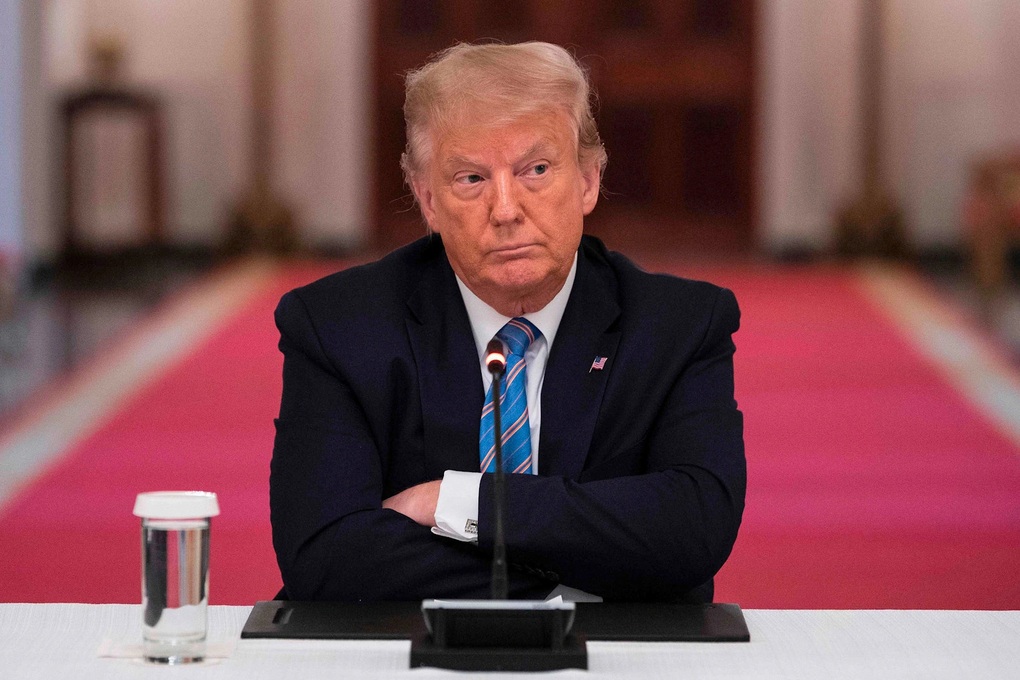
US President Donald Trump (Photo: AFP).
US President Donald Trump has long viewed tariffs as an effective negotiating tool, arguing that they are necessary to address a number of key concerns, including the trade deficit, drug trafficking and illegal immigration.
According to Mr. Trump and his supporters, the tariffs in his first term did not cause major inflationary concerns. However, the domestic and international situation in his two terms was different. At this time, the cost of living became much more expensive.
In the first days of his second term, Mr. Trump imposed tariffs on $1.4 trillion in imported goods, a figure that the Tax Foundation estimates is more than three times the $380 billion in foreign goods taxed during his first term.
The White House has argued that the tariffs will not disrupt the US economy, but some economists and trade experts are concerned that they are targeting America's closest neighbors, Canada and Mexico.
Imposing blanket tariffs on Canada and Mexico could disrupt supply chains in the tightly interconnected North American economy. The policy could artificially raise prices on a range of goods.
This is especially true in the auto industry, where Wolfe Research estimates that the price of a typical car sold in the US could increase by $3,000 due to tariffs.
The oil industry has also called on the White House to shield Canadian crude from tariffs, as it is the largest foreign supplier of oil. As a result, the White House has imposed a 10% tariff on Canadian energy, instead of 25%.
Grocery prices are also on the rise, a major issue for voters in the recent election. Mexico is now the largest foreign supplier of fruits and vegetables to the United States, and Canada is No. 1 in grains, livestock, and tropical agricultural products.
Tariff-related price increases won’t happen all at once. Instead, they could trickle down due to complex impacts on supply chains.
The threat of higher input costs, combined with the country’s potential tariff retaliation, could hurt both business and consumer spending. Tariffs could force the US central bank to delay further rate cuts.
Raising tariffs at such high levels on so many goods is a risky strategy that Mr. Trump has not tried in his first term.
It is too early to say exactly what impact Trump’s tariffs will have. Many variables will influence the outcome, including the complex response of supply chains and consumers.
Source: https://dantri.com.vn/the-gioi/canh-bac-thue-quan-1400-ty-usd-cua-ong-trump-20250203103304165.htm






























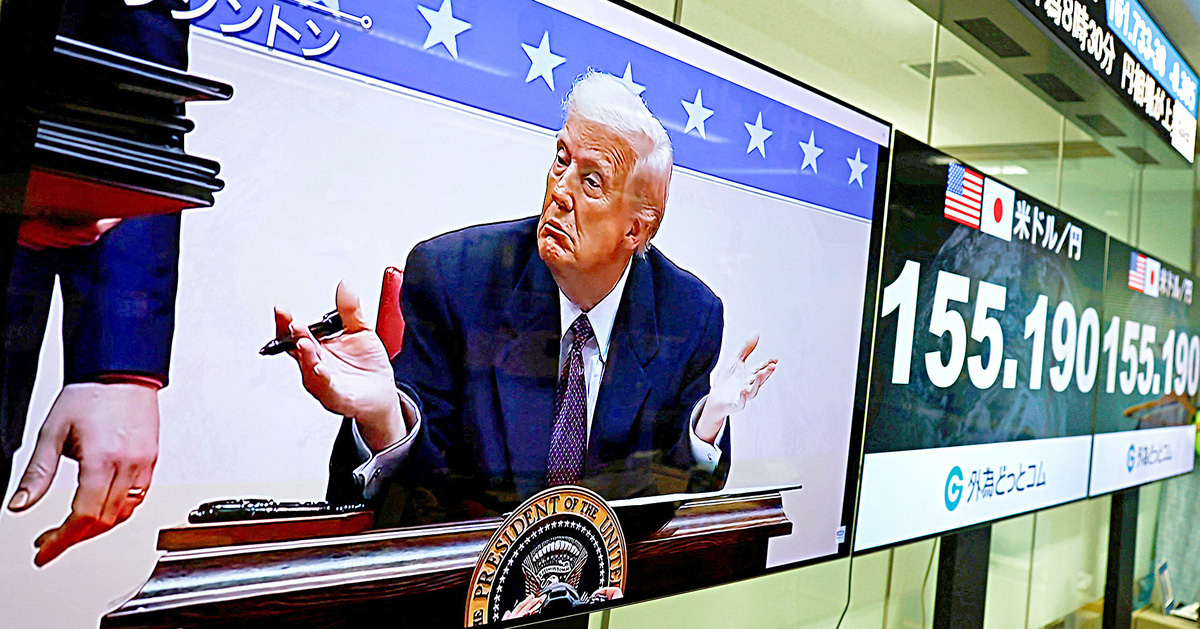

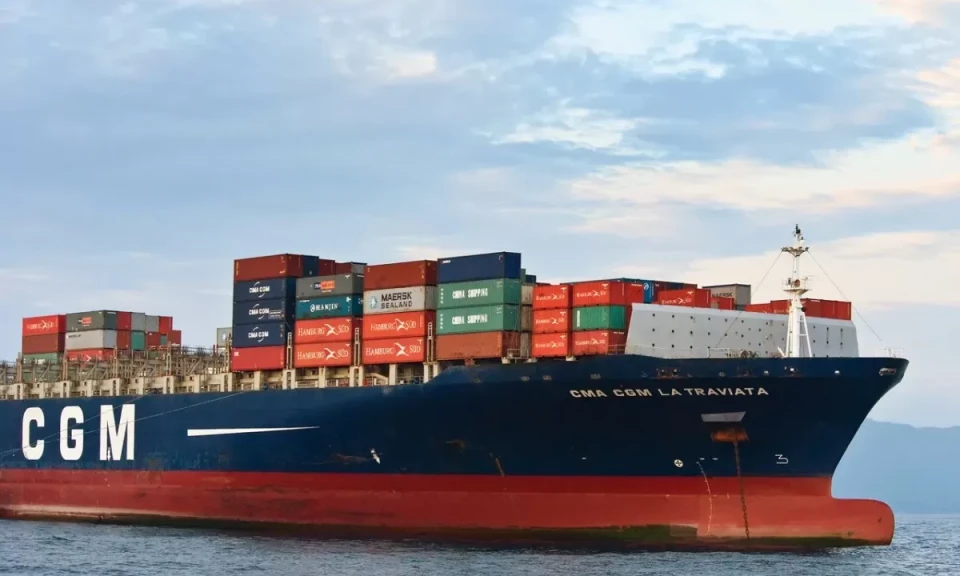


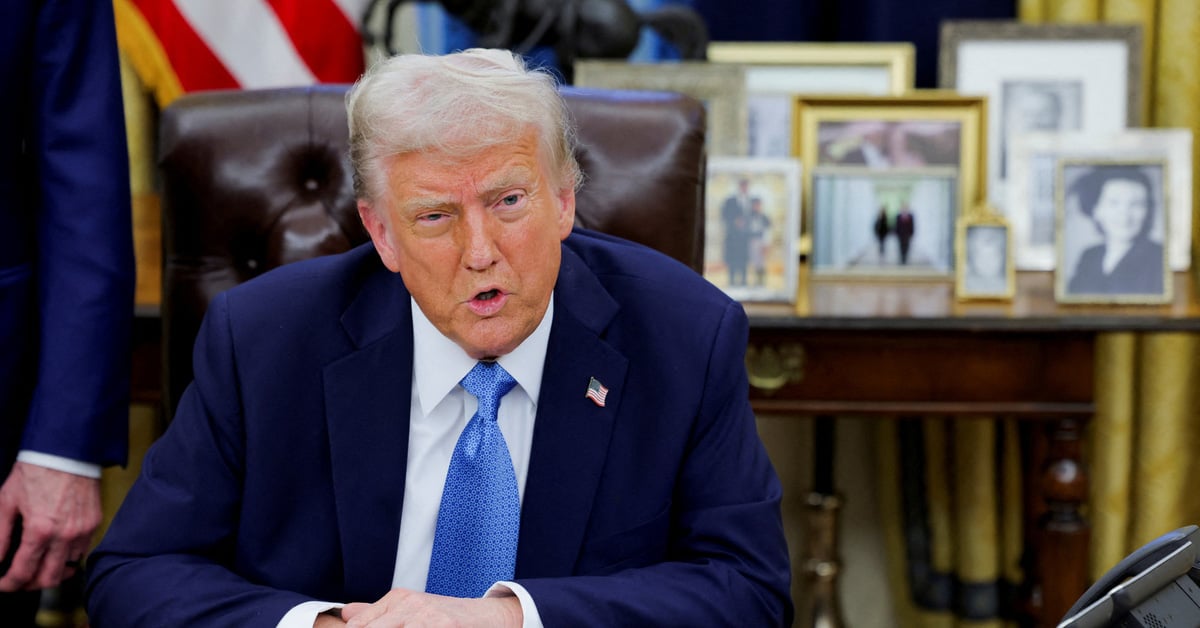


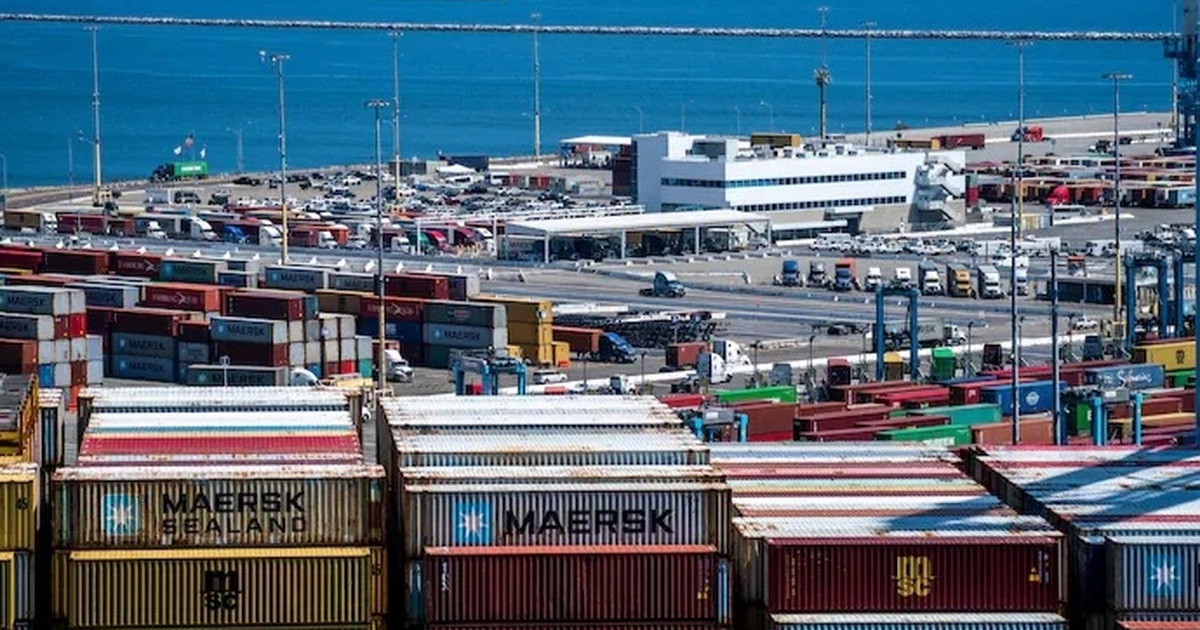





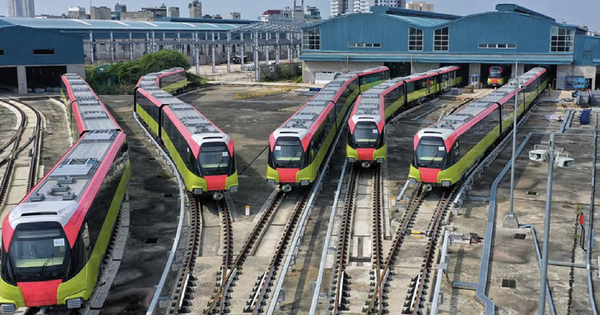






















Comment (0)